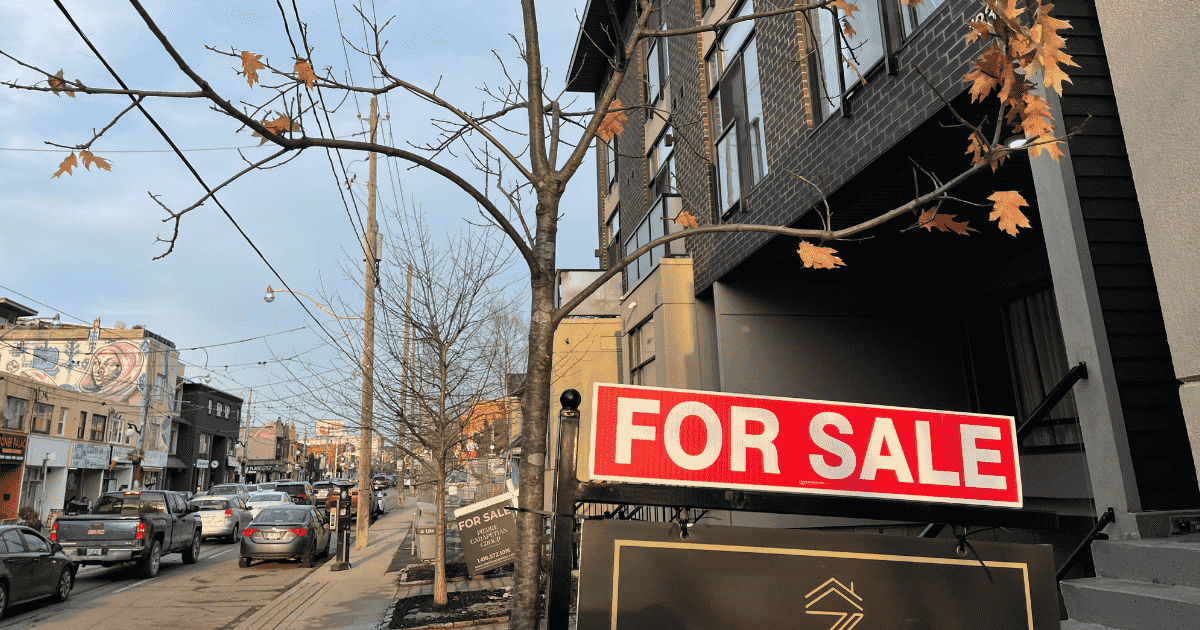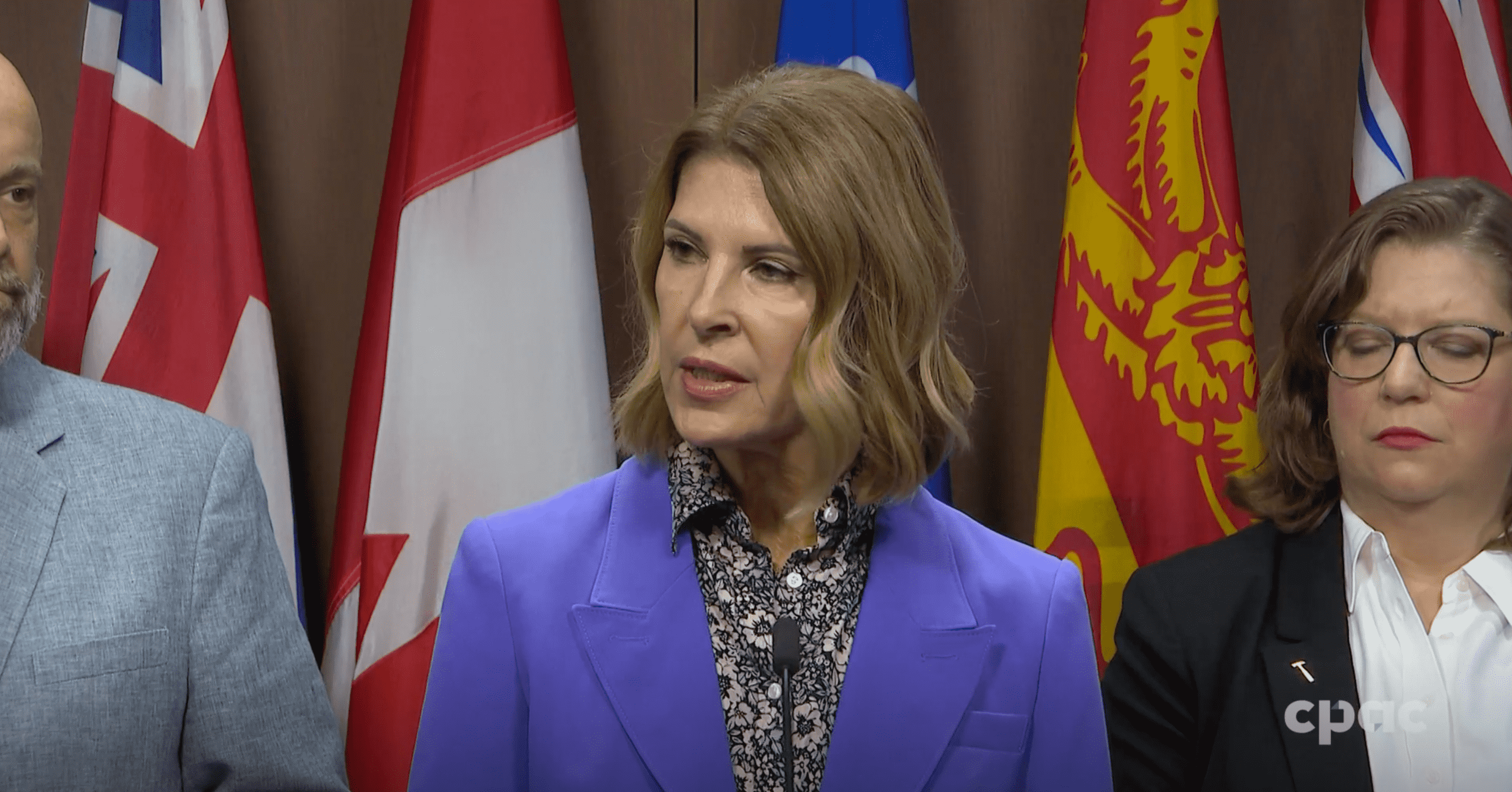Ontario Real Estate Association (OREA) CEO Tim Hudak says with consumers becoming more sophisticated and demanding, new technology threatening to tear apart the real estate industry’s business model and pressures from a hot GTA housing market, this is an extremely complex and challenging time for Realtors.
It’s also a time when some Ontario Realtors are questioning whether OREA is still relevant or needed, especially after losing the licensing education side of its business as of 2020.
To that, Hudak says OREA is needed “even more so, than ever.”
“Just look at what happened in Vancouver,” says Hudak. “The provincial government threw the (real estate) industry under the bus and dramatically interfered with day-to-day business and blew up the regulator. So that’s where OREA’s strengths in government relations, communications and research become increasingly vital to the success of Realtors in our province.”
Hudak says OREA has been a stronger – and necessary – voice in the public debate. He points to the recent Ontario Fair Housing Plan put together by Premier Kathleen Wynne’s government as a successful example of OREA’s impact. He says OREA was given “extraordinary access to government” while the plan was being developed. It included no less than 16 separate meetings with the premier, her ministers and executive team.
OREA, Hudak says, had three goals for the plan and was successful in having them all realized: to make sure supply was an important part of the solution; to consider a vacancy tax (“because no one has any sympathy for a speculator who buys a house and then leaves it sitting empty”) and to have the provincial real estate act reviewed and updated to help raise industry standards – something Hudak says the province has committed to doing.
“It was rewarding that (the Ontario government) actively came to us for good advice on policy changes to ensure affordable home ownership,” says Hudak.
Again, he points to British Columbia as a good contrast.
“You had the same situation (in B.C.) where you had a long-time government heading into an election with rapidly increasing housing prices,” says Hudak. “But B.C. threw Realtors under the bus. In Ontario, we were seen as active partners, and (the provincial government) responded to our advice.”
There’s no denying his 21 years of political experience as a member of the Ontario Progressive Conservative party helped pave the way to ensure OREA was heard.
“Look, it’s sometimes a lot like wrestling, where you make a lot of noise for the cameras and then go and have a beer afterwards,” says Hudak. “I didn’t burn any bridges and (the Ontario government) has been very kind and receptive to what Realtors are putting on the table.”
Losing the Realtor licensing education program after 2020 was definitely a blow to OREA. Its 2016 annual report shows that approximately 76 per cent of its 2015 revenue – about $29 million – came from its real estate college. But Hudak says while the revenue coming in from the college was the biggest portion of OREA’s budget, the college also represented its biggest expense. He says it’ll be up to a future board to determine how that affects member fees down the road, but he believes that there will have to be a continued improvement in the quality of services before OREA asks “for one additional penny” from its members.
“We’re going to do fewer things, but we’re going to do them better,” he says, adding that includes things like “doubling-down” on government relations and doing more leadership training.
It’s what he calls the “new rising of OREA”, which began under past-president Ray Ferris and continues under current-president Ettore Cardarelli. He says he’s been given “very clear marching orders” on where OREA should be heading and that includes being very accountable for every member dollar.
“In my first month on the job, we found over $1.5 million in savings,” says Hudak, explaining that he cancelled various expenses and eliminated consultants where OREA could do the job themselves. He says staff travel and accommodations are down by 32 per cent (including 37 per cent in the CEO’s office) and that the board cut their own expenditures by 20 per cent.
“So, we shifted money that was going to fancy consultants and travel and hospitality, and refocused them on government relations and member services.”
Advocacy and being a stronger voice is another priority. That includes pushing for higher professional standards within Ontario’s real estate industry.
“Quite frankly, when OREA had the college contract, there were occasions where OREA bit its tongue instead of holding RECO to account,” says Hudak. “Because RECO effectively controlled the purse strings, we were too shy from holding RECO to account in terms of enforcement, higher fines and penalties, and improving the continuing education program, which the vast majority of Realtors tell me is a joke.”
No more, says Hudak.
When he became CEO of OREA, he went on a tour and met with 36 of Ontario’s 39 boards personally. He says 95 per cent of those conversations involved complaints about the continuing education program. Aside from believing there should be a classroom aspect to the program, Hudak says the program is open for abuse and sets poor standards.
“The fact that you don’t even know who is taking the test really opens it up to abuse,” says Hudak. “And, you can still get all of the answers wrong and still pass.”
Hudak says it’s the Realtors themselves who have been calling for the program to be revamped and to have the industry standards raised, and it’s something he is very proud of.
To that end, Realtors can expect that OREA will be their collective and loud voice.
“Realtors are going to see a stronger and more effective OREA,” says Hudak.
Tony Palermo is a contributing writer for REM.


















